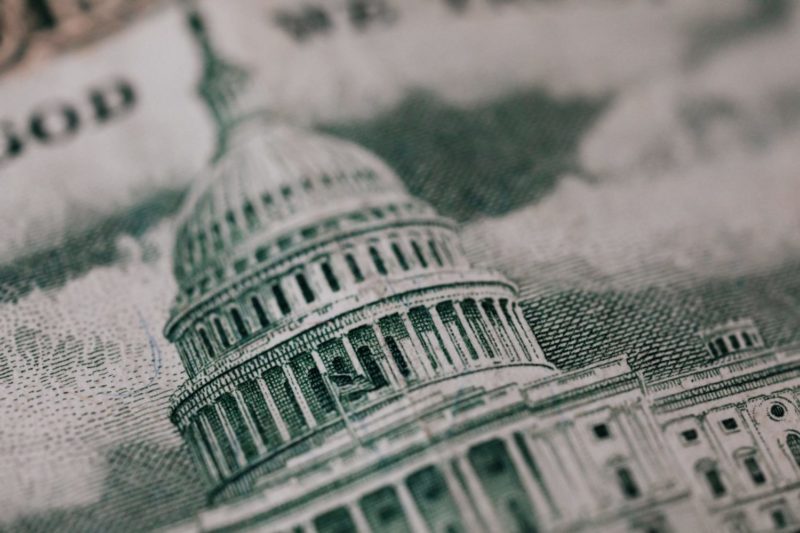On the heels of a stronger than anticipated inflation (CPI) report, the Federal Reserve increased the Fed Funds rate by 0.75% at their regularly scheduled meeting. While a hike of 0.75% was higher than the 0.5% that the Fed had been portraying for the last month or so, the markets had priced in a high likelihood of this more aggressive action after the recent data. The markets are also predicting another 0.75% move in July. While the year-end target for Fed Funds rate remains similar, the path to get there has changed.
With the elevated inflation data for May, we are moving closer to a peak inflation level. Looking back 12 months, outside of a few key items (lumber, automobiles, travel & entertainment) the remainder of the data points for inflation were hovering around the long-term target of the Fed. As we moved through June 2021 and further into the summer, the elevated inflation levels began to broaden out into many other inputs that make up the CPI measurement, like food, energy, and housing. At this point, our expectation is not that prices will go down, but rather the rate of increase will normalize.
As many have likely seen, the S&P 500 entered a bear market last week (defined as a 20% decline from peak levels). While equity markets have declined this year, corporate earnings continue to remain strong. In fact, earnings have grown by 6.2% which means the decline in prices is driven by multiple contraction (or stocks becoming cheaper). While uncertainty of the impact from supply chain disruptions and energy price increases still exists, the forecast for corporate earnings remains strong for the remainder of 2022 and 2023. We are seeing a shift in consumer spending from goods to services and the inflationary pricing is reflecting this.

The risk of a recession has gained increased headlines recently. A recession is defined technically as two consecutive quarters of negative Gross Domestic Product (GDP). As you can see in the chart below, the U.S. economy contracted by -1.4% in the 1st quarter of 2022. There are a wide range of estimates for 2nd quarter growth, most of which point to positive growth which would avoid a technical recession. However, there is a chance that we are already in the midst of a recession since the data is backward looking. Many economists predict that there will be a recession in the next 12-24 months. Regardless of if we are in a recession now or enter one in the next year or so, we would expect it to not be as deep as we’ve seen in the past. Overall, the consumer remains in strong shape with high household savings rates and low debt service ratio, and corporations (earnings) are also on sound financial footing which should help alleviate the impact. In fact, US consumption and investment growth were both positive during the 1st quarter while the negative economic growth was driven by a contraction in government spending and trade.

While we may not have hit market lows yet, looking forward we remain positive on the equity markets but expect volatility to continue. Historically since 1940, the S&P 500 returns +13% on average in the next 12 months after entering a bear market.






